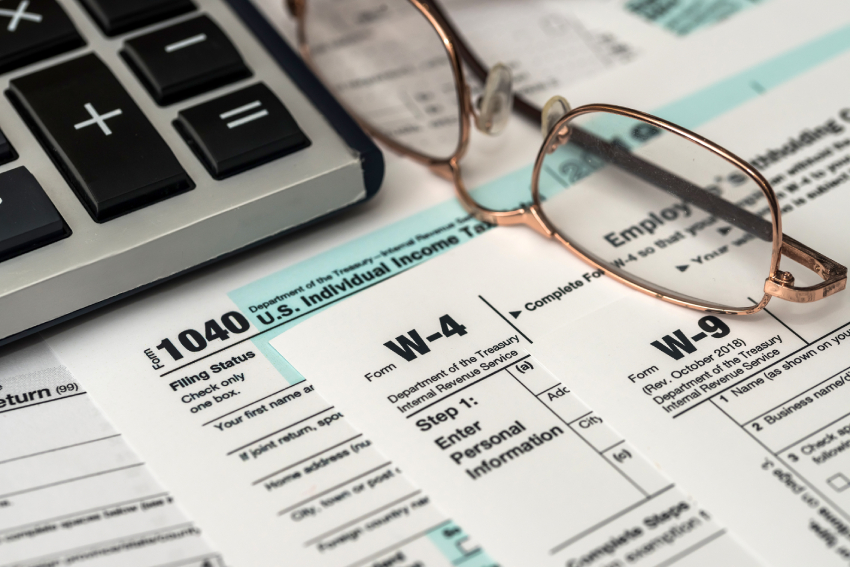Understanding how to prepare for tariffs is essential for businesses and individuals navigating the complexities of global trade. With the rise of trade tariffs and tariff uncertainty, it’s more important than ever to have a proactive strategy in place. From increased costs to changes in supply chains, tariffs can have far-reaching effects. Here are some strategies to help you prepare for potential disruptions and how working with a financial advisor can help.
Build Your Emergency Fund for Tariff Uncertainty
One of the first steps in preparing for tariffs is building a solid emergency fund. Tariff uncertainty can cause fluctuations in pricing, which can impact businesses that rely on imported goods. While it may be impossible to predict exactly how tariffs will affect your business, an emergency fund can provide a cushion against rising costs or sudden shifts in your industry.
Having an emergency fund means you won’t have to tap into investments or other financial sources in times of unexpected volatility. It’s a smart, practical strategy to ensure you’re prepared for price increases or potential delays in your supply chain due to trade tariffs.
Delay Major Expenses Affected by Tariff Volatility
If you’re facing potential tariff increases, delaying major expenses that could be impacted by tariff volatility is another way to prepare. For businesses, this could mean postponing investments in imported goods or expansion projects dependent on materials subject to tariffs.
Being cautious with major expenditures lets you remain flexible in the face of potential price hikes. If the tariff situation worsens, you can adjust your financial plans accordingly. For individuals, this might involve waiting to make large purchases of goods that are highly tariff-affected, like electronics or automobiles.
Reduce Debt Payments Under Trade Tariffs
Another strategy for how to prepare for tariffs is to focus on reducing high-interest debt. In times of tariff volatility, the cost of goods might increase, affecting your disposable income or business profits. If you’re already carrying debt, paying down high-interest balances can help free up cash flow. This gives you more flexibility in case trade tariffs create financial pressure in the future.
For businesses, this could involve reducing short-term debt obligations to make room for unexpected price increases. Individuals can take similar steps to strengthen their financial position, particularly with loans tied to credit cards or variable interest rates.
How a Financial Advisor Can Help with the Tariff War
The impact of tariffs can be far-reaching, and many individuals and businesses are unsure of the best course of action. That’s where a financial advisor comes in. A trusted advisor can help you navigate tariff uncertainty by offering tailored advice that addresses your specific financial situation.
Financial advisors can provide guidance on investment strategy, helping you decide whether to sell your stocks or shift to safer assets during uncertain times. They can also assist with structuring your portfolio to protect against the effects of tariff wars. By offering personalized advice and strategic planning, an advisor helps ensure you’re not caught off guard by economic shifts tied to tariff volatility.
Advisors also help business owners align their financial goals with the realities of international trade. They can assist with cost-saving strategies, investment planning, and long-term financial stability. Whether it’s through recommending hedging strategies or offering insights into global markets, an advisor’s expertise is invaluable when dealing with trade-related risks.
Calado Capital’s industry expertise allows us to offer financial and advisory services to business owners and high-net-worth professionals to navigate complex financial challenges like the tariff war. Our team is here to help you make informed decisions and ensure your business thrives, no matter the landscape. Schedule a consultation to learn how to prepare for tariffs.
Post Contents
Recent Posts
The One Big Beautiful Bill Explained: 2025 Tax Law Breakdown
Claudio Calado2025-11-03T08:58:10+00:00November 4, 2025|
Tax Implications of Divorce for Business Owners in 2025
Claudio Calado2025-10-06T12:47:28+00:00October 21, 2025|
Big Beautiful Bill Car Loan Interest Deduction Rules
Claudio Calado2025-10-06T12:45:01+00:00October 14, 2025|


